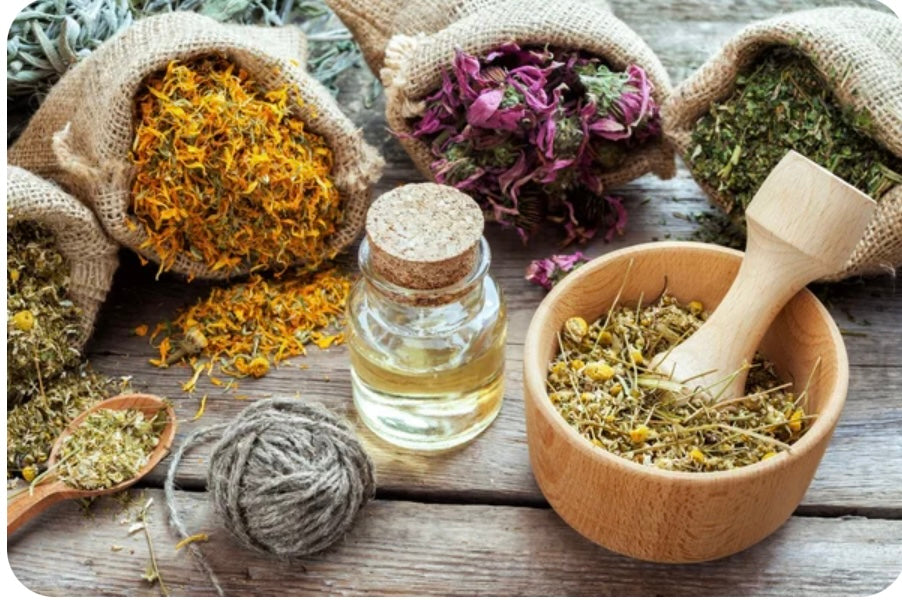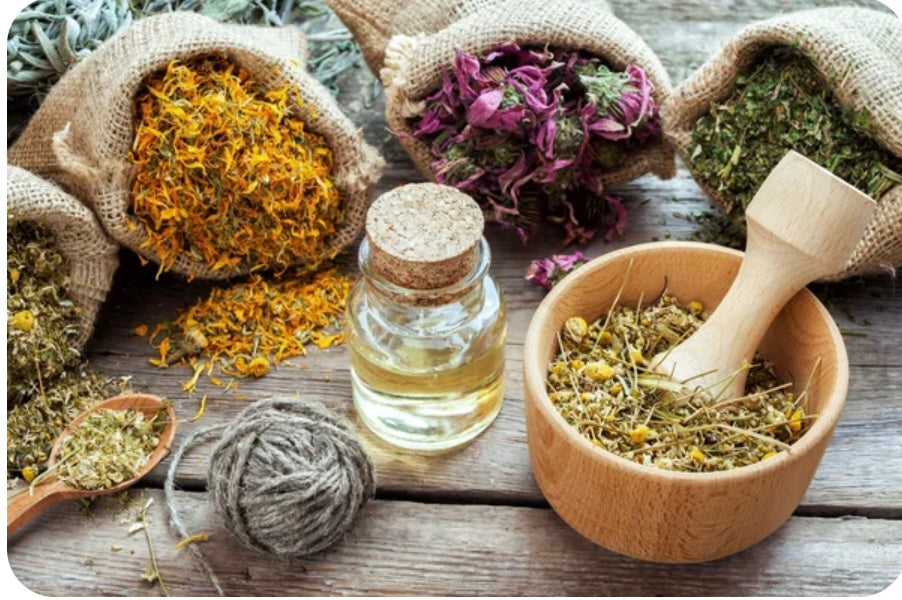SKU:
Artichoke Leaf
Artichoke Leaf
Super Deals
Ends: Jul 9, 11:59 PM PT
Artichoke Leaf
Cynara scolymus
Organic
Artichoke is used to stimulate the flow of bile from the liver and helps reduce the symptoms of heartburn and alcohol “hangover.” Artichoke leaf is also used for high cholesterol, irritable bowel syndrome (IBS), kidney problems, anemia, fluid retention (edema), arthritis, bladder infections, and liver problem
Active Constituents of Artichoke
Sesquiterpene lactones including cynaropicrin, caffeic acid derivatives (polyphenols). (The next group is sometimes referred to as Caffeoylquinic Acids or Chlorogenic Acids they are synonymous) Chlorogenic acid (3-caffeoylquinic acid), cynarin (1,3-dicaffeoyl quinic acid) and many other dicaffeoylquinic acid derivatives, flavonoids (mainly derivatives of luteolin).
Disclaimer
This information in our Herbal Reference Guide is intended only as a general reference for further exploration, and is not a replacement for professional health advice. This content does not provide dosage information, format recommendations, toxicity levels, or possible interactions with prescription drugs. Accordingly, this information should be used only under the direct supervision of a qualified health practitioner such as a naturopathic physician.
Payment & Safety
Ensure secure transactions and peace of mind with our trusted payment methods. Your safety is our priority, we employ advanced security measures to protect your personal information and sensitive data.
Do you need more details? Visit our FAQ's or Contact us
Super Deals
Ends: Jul 9, 11:59 PM PT
Couldn't load pickup availability
Artichoke Leaf
Cynara scolymus
Organic
Artichoke is used to stimulate the flow of bile from the liver and helps reduce the symptoms of heartburn and alcohol “hangover.” Artichoke leaf is also used for high cholesterol, irritable bowel syndrome (IBS), kidney problems, anemia, fluid retention (edema), arthritis, bladder infections, and liver problem
Active Constituents of Artichoke
Sesquiterpene lactones including cynaropicrin, caffeic acid derivatives (polyphenols). (The next group is sometimes referred to as Caffeoylquinic Acids or Chlorogenic Acids they are synonymous) Chlorogenic acid (3-caffeoylquinic acid), cynarin (1,3-dicaffeoyl quinic acid) and many other dicaffeoylquinic acid derivatives, flavonoids (mainly derivatives of luteolin).
Disclaimer
This information in our Herbal Reference Guide is intended only as a general reference for further exploration, and is not a replacement for professional health advice. This content does not provide dosage information, format recommendations, toxicity levels, or possible interactions with prescription drugs. Accordingly, this information should be used only under the direct supervision of a qualified health practitioner such as a naturopathic physician.
Payment & Safety
Ensure secure transactions and peace of mind with our trusted payment methods. Your safety is our priority, we employ advanced security measures to protect your personal information and sensitive data.
Do you need more details? Visit our FAQ's or Contact us


